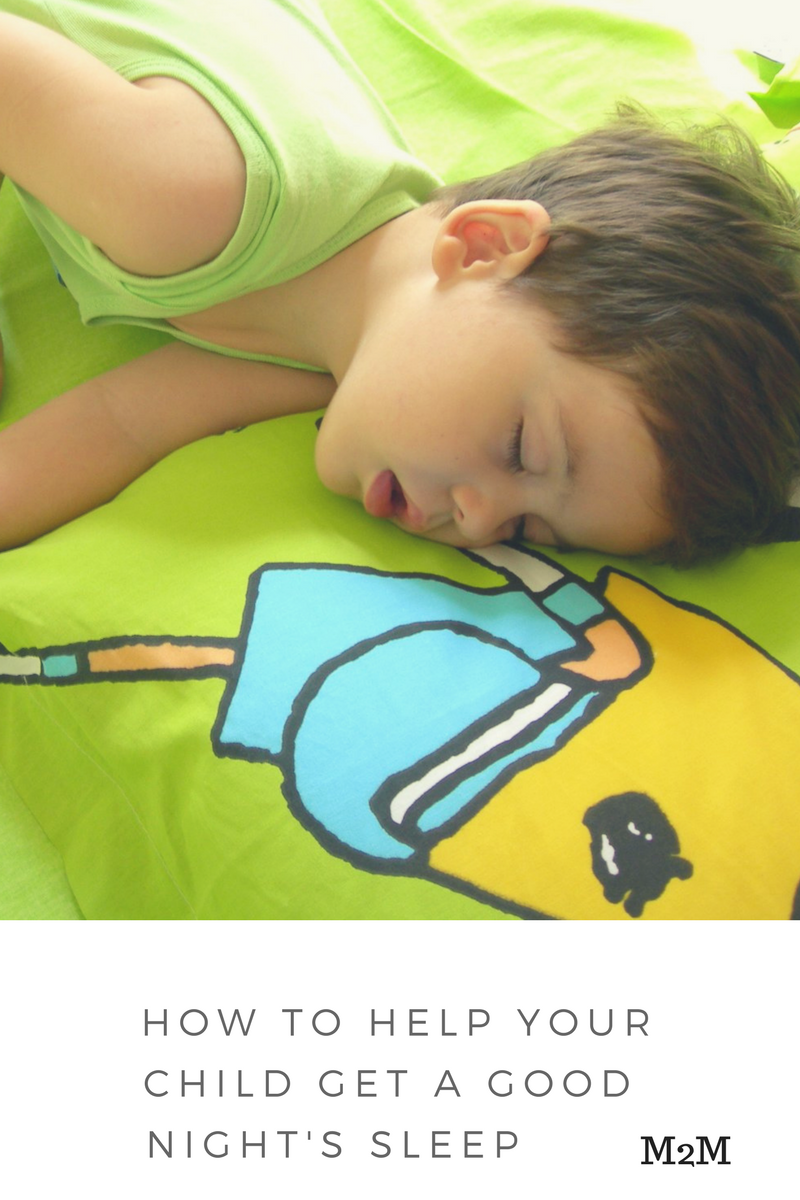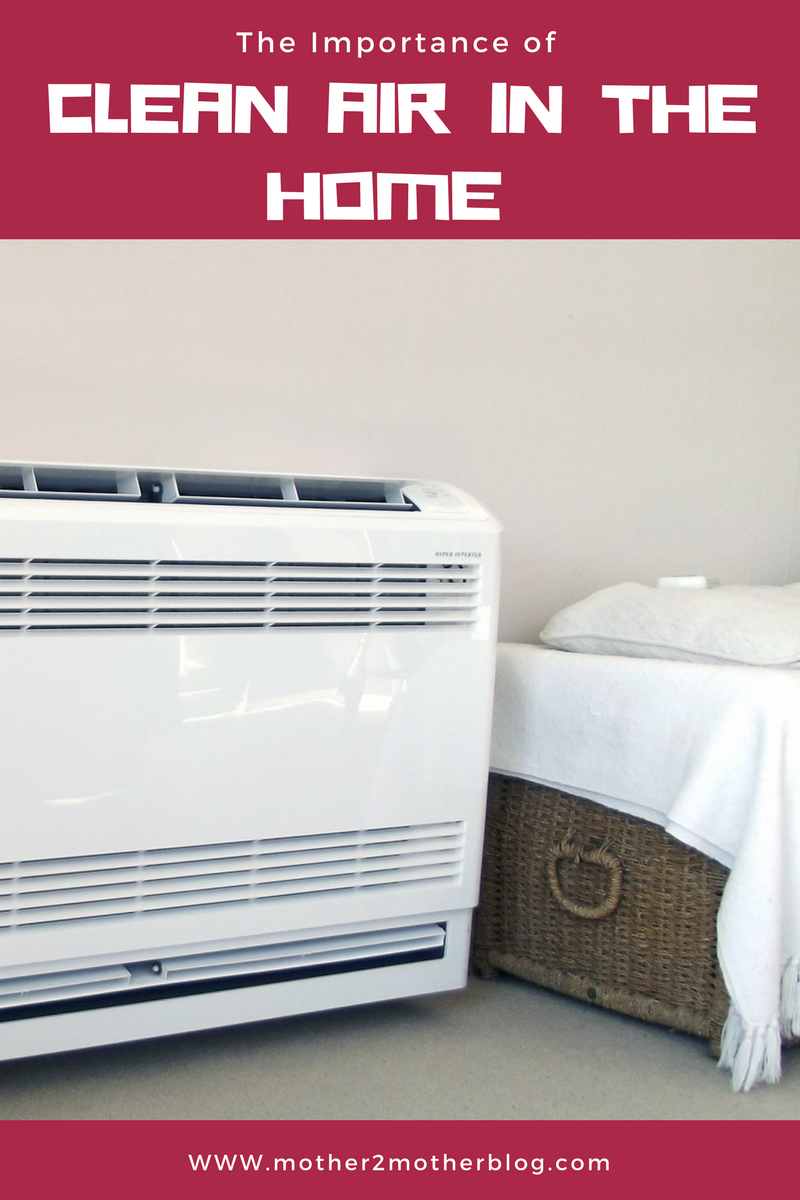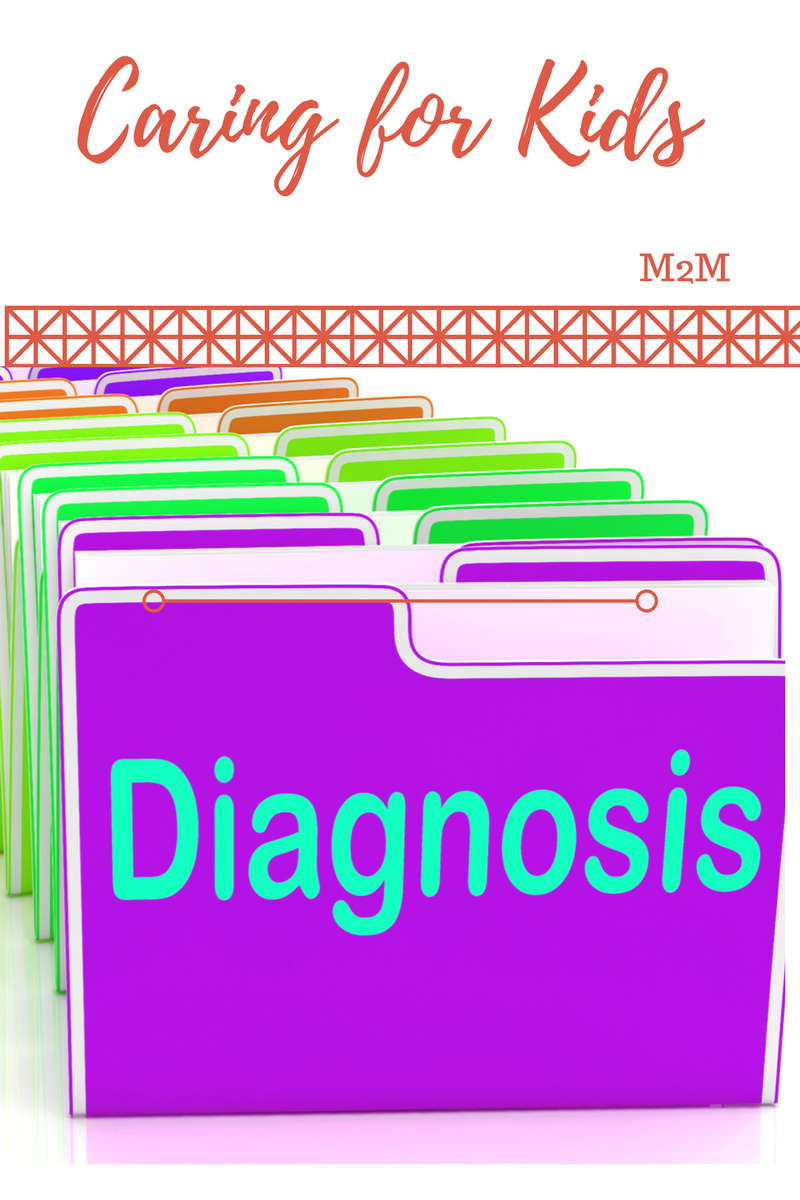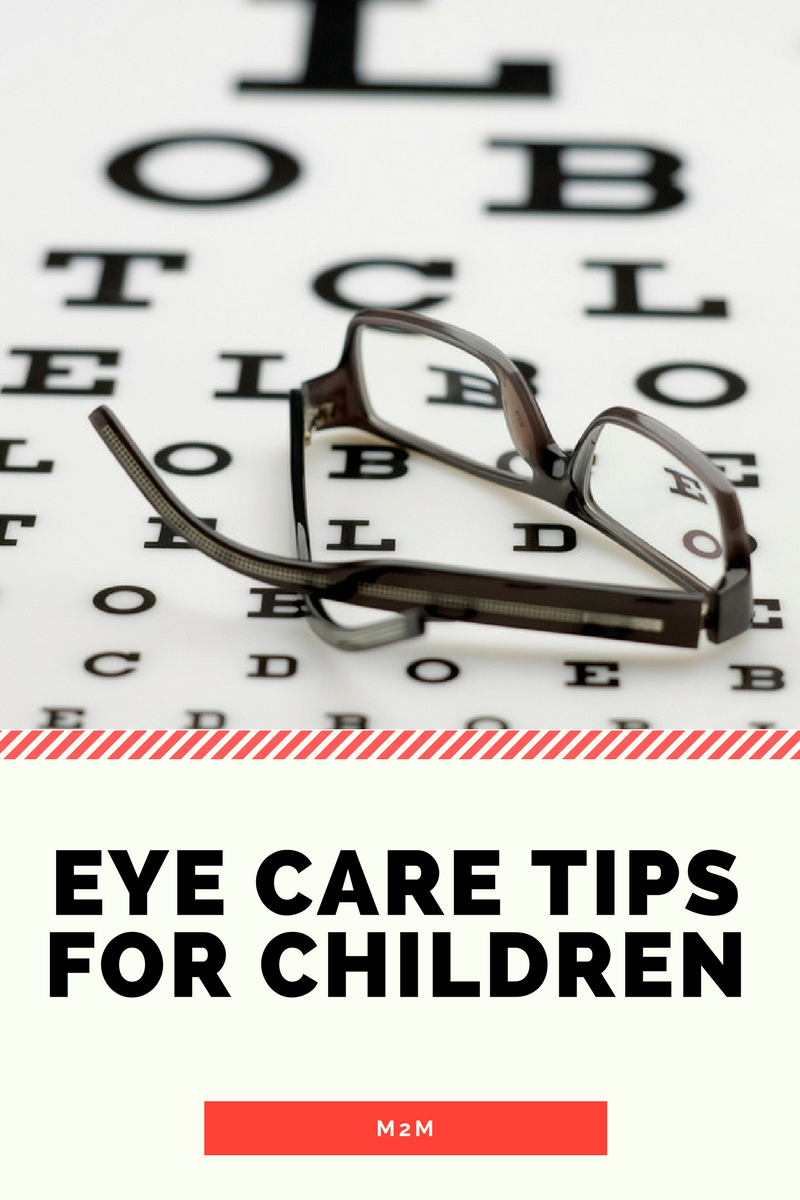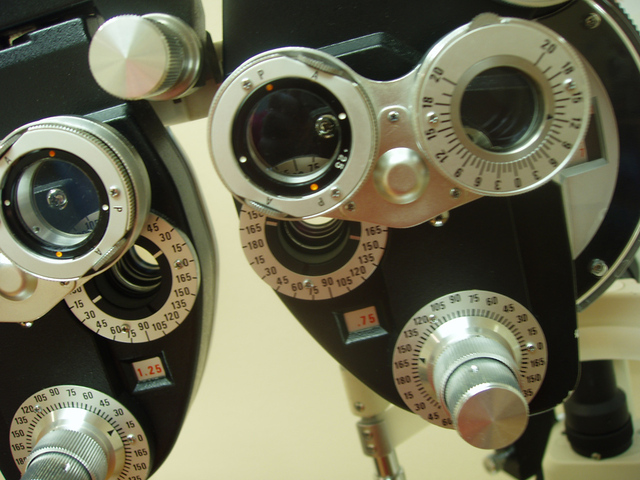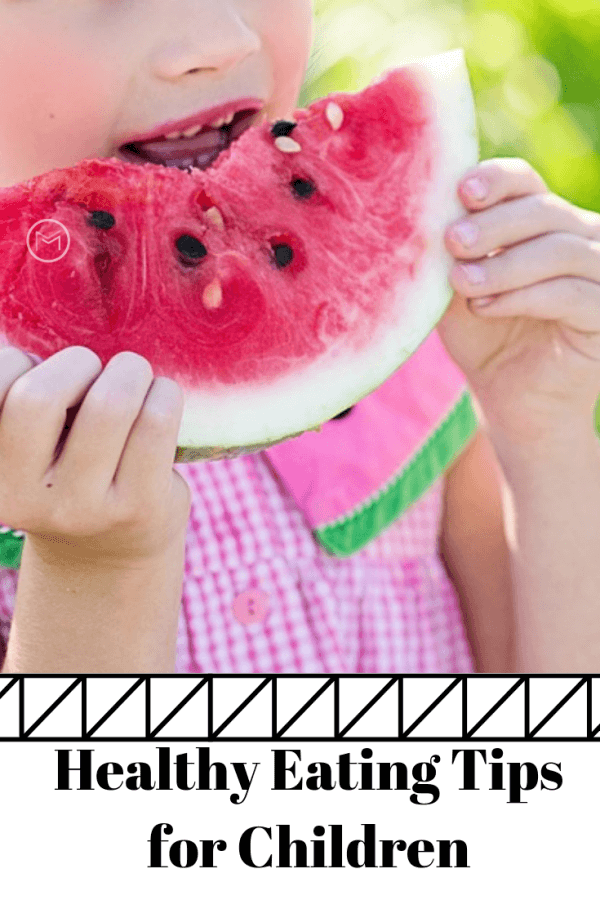Today, I’m sharing parenting advice on how to help with childrens allergy symptoms. You might be surprised to hear that one out of every four children in the United States suffers from some kind of allergy. Depending on the severity of the allergy, it can either be a minor nuisance or an extremely depressing situation. Allergies can make even the simplest things feel complicated. So, how can you help your child cope with it? Check out our suggestions below.
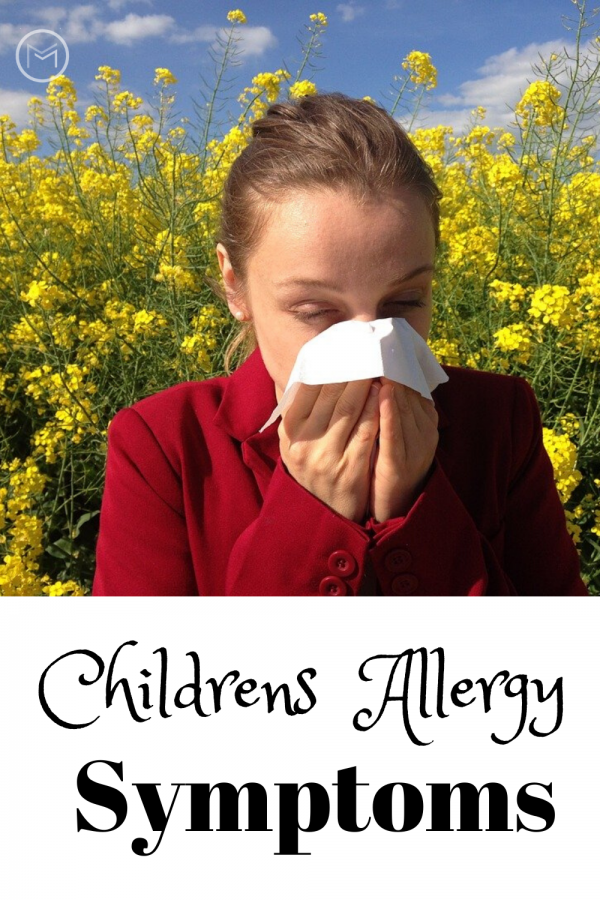
How to Help with Children’s Allergy Symptoms:
Identify what triggers the allergies
Make sure you take your child to visit a doctor in order to identify what allergens are affecting your child. We also suggest that you take note of your child’s actions, taking note of what they consume, the medicine they take and so on. This information can be vital in helping you identify your child’s allergies.
Support them at all times
It’s important to be patient with a child who is suffering from allergies. They can often feel excluded, especially if their allergies lead to them being unable to participate in family activities or eat certain foods. If possible, adjust your plans to include the child that is suffering allergies.

Teach your child how to manage their allergies
Your child should have a deep understanding of their allergies and what they should do if they experience an allergic reaction. This will give you more peace of mind and could potentially save your child’s life.
Gain a better understanding of allergies in general
As a parent, it’s your responsibility to understand the issues that your child is going through. This is why we suggest taking a look at the infographic below and doing your own research on allergies that your child might be facing.

Infographic: Regis’s Online DNP Program
We hope that you find our suggestions on how to help deal with your children’s allergy symptoms beneficial. We hope that your child feels better too.
